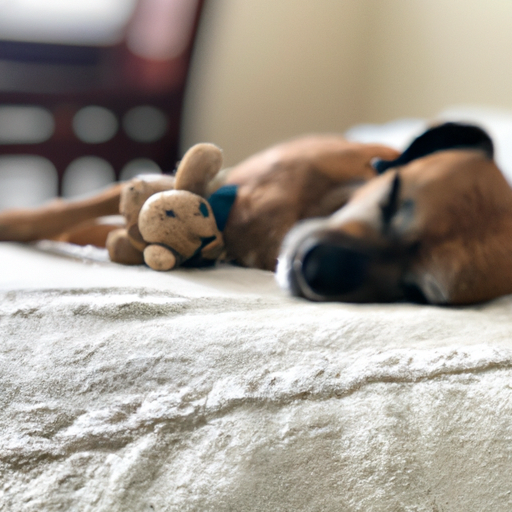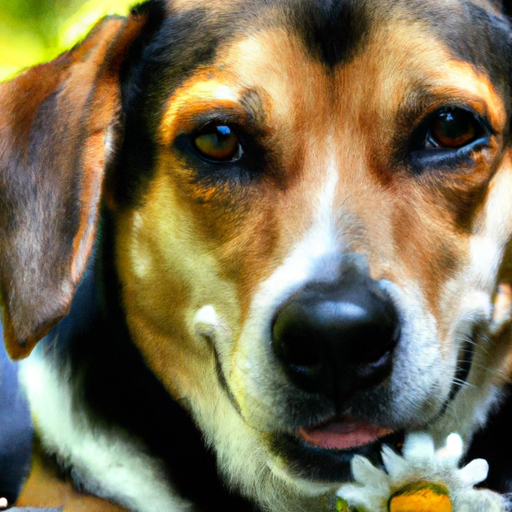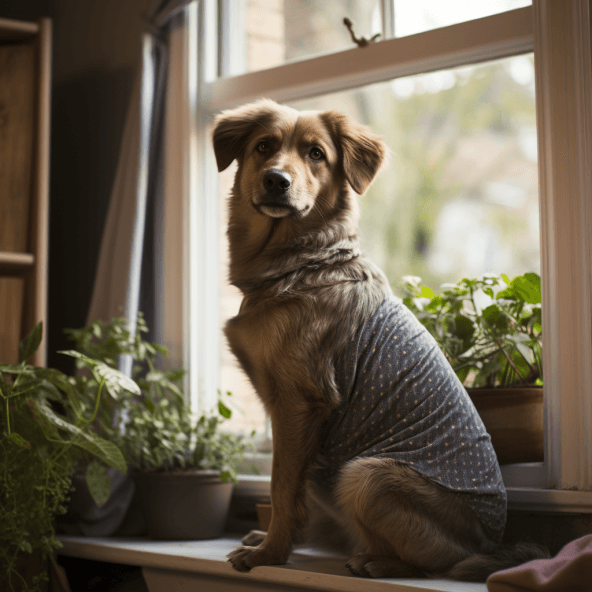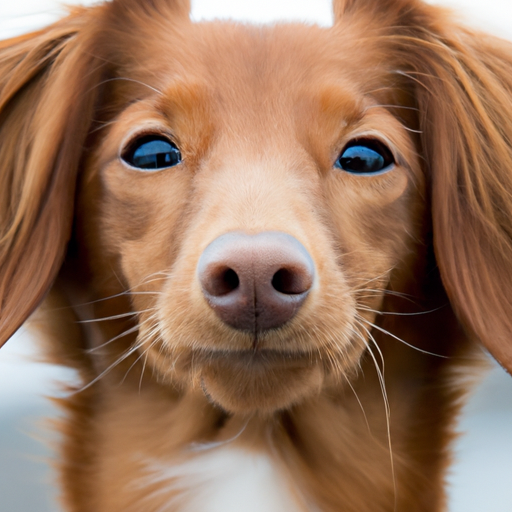Why Do Dogs Sleep So Much?
Imagine being caught off-guard by your furry companion snoozing at every given chance. Why do dogs sleep so much? Unearth the mysteries of your pup’s seemingly excessive slumber patterns with this article and understand better what makes them doze off so often throughout the day! Trust us, it’s not just because they’re lazy. Grab yourself a warm cup of coffee and get ready to unravel the canine sleep code.
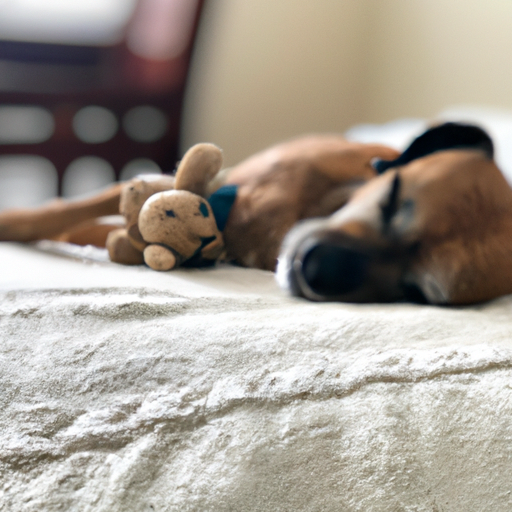
Understanding Dogs’ Sleep Patterns
When you observe your canine companion snoozing the day away, you might wonder why dogs sleep so much. Understanding their sleep patterns can shed light on this question.
Dogs’ circadian rhythm
Just like you, your dog follows a circadian rhythm, an internal clock that dictates when it’s time to sleep and when to wake up. Dogs, being naturally crepuscular animals, are most active during twilight hours – dawn and dusk. This is why you may notice your dog on high alert during these times. However, domestic dogs have adapted to their human’s schedules over time, embracing sleep patterns that mimic ours.
Comparison with human sleep patterns
Unlike humans who usually consolidate their sleep into one big chunk of time, canines alternate between sleep and wake cycles throughout a 24-hour day. Furthermore, dogs spend a significant portion of their sleeping time in light sleep stage, which is why they can wake up so easily.
Variations across different breeds
The breed of a dog can also influence its sleep pattern. Larger breeds, such as Mastiffs and St. Bernards, tend to sleep more than smaller breeds. Working dogs or those with high energy levels, like Border Collies or Labradors, may require less sleep.
Factors influencing Dogs Sleep
Several factors can impact your dog’s sleep pattern, including age, health status, activity level, and diet.
Age and life stage
Puppies and senior dogs often sleep more than adult dogs. They require more sleep to support their growth, development, or physical conditions related to aging, respectively.
Health status
A dog suffering from a medical condition or recovering from surgery may sleep more than usual to conserve energy and support healing.
Activity level
Highly active dogs may require more sleep for muscle repair and energy restoration. Conversely, dogs with a sedentary lifestyle might sleep more due to lack of stimulation.
Diet and nutrition
The quality of your dog’s diet can also impact its sleep. A dog fed a balanced and nutritious diet will likely maintain more regular sleep patterns than a dog who isn’t.
The Role of Genetics in Dogs’ Sleep
Much like in humans, a dog’s sleep patterns can be influenced by their genetics.
Hereditary nature of Dogs’ sleep
Research suggests that a dog’s breed might play a significant role in determining its sleep pattern. Certain breeds, especially larger ones, are predilectioned to sleep more.
Role of breed-specific traits
Certain breed-specific traits can impact a dog’s sleep. For instance, breeds that were historically night hunters or guards may be more active at night, affecting their sleep during the day.
The Sleep Stages of Dogs
Dogs, like humans, cycle through different stages of sleep, including Rapid Eye Movement (REM) and Non-REM sleep.
REM sleep in dogs
This is the phase of sleep where dreams occur, characterized in dogs by twitching, vocalizing, and rapid eye movements. Dogs spend less time in REM sleep compared to humans.
Non-REM sleep in dogs
This consists of light sleep and deep sleep stages. Light sleep takes up a significant portion of a dog’s total sleep time, which is why they seem ready to jump up at a moment’s notice.
Transitions between sleep stages
Dogs often transition quickly between light sleep and deep sleep, resulting in more frequent short bursts of sleep throughout the day.
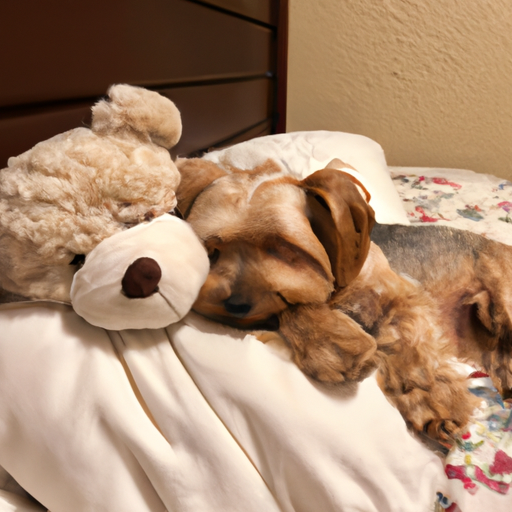
Why Puppies Sleep More
Growth and development factors
Sleep is especially important for puppies. During sleep, a growth hormone is released, which is crucial for their growth and development. This is why puppies require more sleep compared to adult dogs.
Impact of play and learning
Puppies expend a lot of energy exploring their new world and learning new things. The physical and mental stimulation can tire them out, necessitating more sleep for energy repletion and memory consolidation.
The Impact of Environment on Dogs’ Sleep
Role of temperature and season
Extreme temperatures can affect a dog’s sleep habits. For instance, during hot weather, dogs may sleep more during the day to conserve energy. In cooler seasons, they may sleep more to stay warm.
Influence of living conditions
The home environment can significantly impact a dog’s sleep pattern – too much noise, lack of comfort, or disturbances can interrupt sleep. Hence why a comfortable, quiet sleeping area is essential.
Effect of owner’s schedule
Dogs are highly adaptable and will often adjust their sleep patterns to align with their owner’s schedules. This means that if you’re away at work all day, your dog might sleep more to pass the time.
Sleeping Disorders in Dogs
Common sleep disorders
Just like humans, dogs can also suffer from sleep disorders such as sleep apnea and insomnia. These conditions can affect their quality of sleep and overall health.
Signs and symptoms
Signs of sleep disorders in dogs include restlessness, difficulty breathing, frequent night wakings, or changes in sleep patterns.
Treatment options
Treatment for sleep disorders often includes medication, behavioral therapy, or lifestyle changes. Always consult your vet if you suspect your dog has a sleep disorder.
Potential Health Problems Indicating Excess Sleep
While it’s normal for dogs to sleep a lot, excessive sleep can sometimes indicate underlying health problems.
Canine depression
Just like humans, dogs can suffer from depression, one of the symptoms being increased sleep or lethargy.
Hypothyroidism
Hypothyroidism, a condition where the thyroid gland does not produce enough hormones, can also lead to increased sleep in dogs.
Canine Cognitive Dysfunction
Canine Cognitive Dysfunction, similar to Alzheimer’s in humans, is a condition common in older dogs. It can cause changes in sleep patterns, often resulting in more sleep.
Positive Effect of Sleep on Dogs’ Well-being
Good sleep isn’t just essential for revitalizing your dog’s body. It also plays a significant role in their overall well-being.
Benefits for physical health
Adequate sleep helps repair muscle tissue, bolster the immune system, and conserve energy.
Influence on mental health
Sleep also contributes to healthy brain function, helping dogs process and remember new information.
Role in behavior and training
Good sleep can positively impact a dog’s mood and behavior. An adequately rested dog is easier to train and is generally happier.
When to Seek Veterinary Advice on Dogs’ Sleep
While a certain amount of variability in sleep is normal for dogs, if you observe the following changes, it’s a good idea to consult with a vet:
Changes in sleep pattern
Sudden or drastic changes in sleep patterns can be cause for concern, particularly if your dog is sleeping much more or less than usual.
Excessive sleep or lethargy
If your dog is sleeping excessively and seems lethargic even when awake, this could indicate an underlying health issue.
Behavioral changes during sleep
Behaviors such as sleepwalking, night waking, excessive twitching, or disturbed sleep can be signs of a potential sleep disorder.
To keep your dog in optimal health, it’s essential to understand their sleep needs. By paying attention to your dog’s sleep habits, you can identify any potential problems and ensure they’re getting the quality sleep they need.

